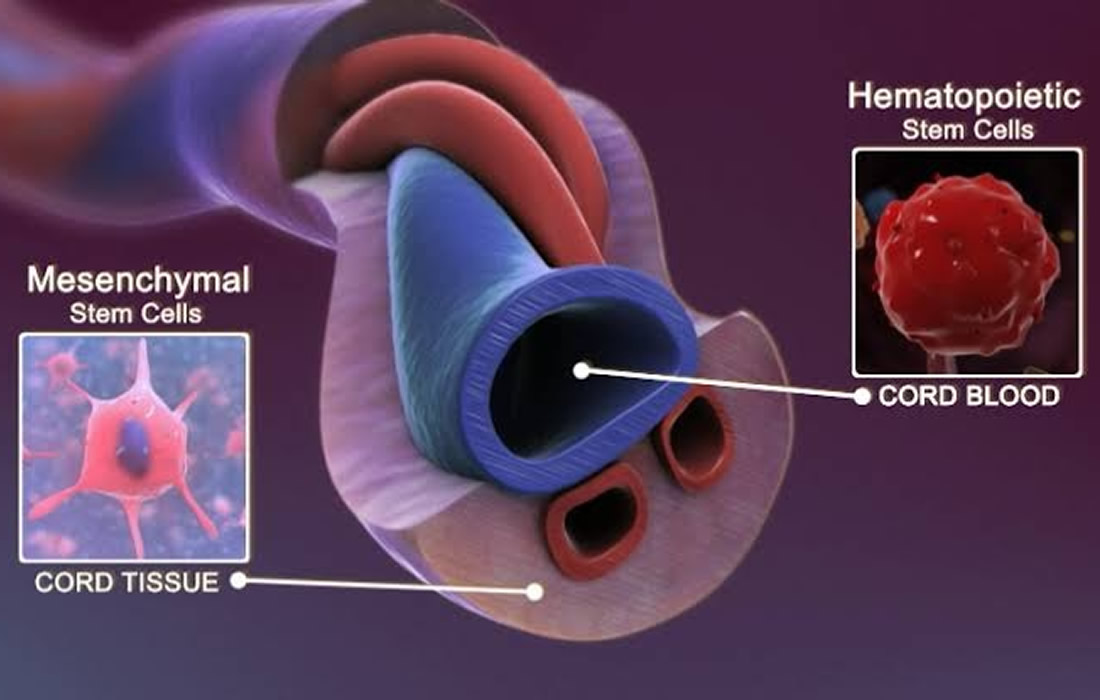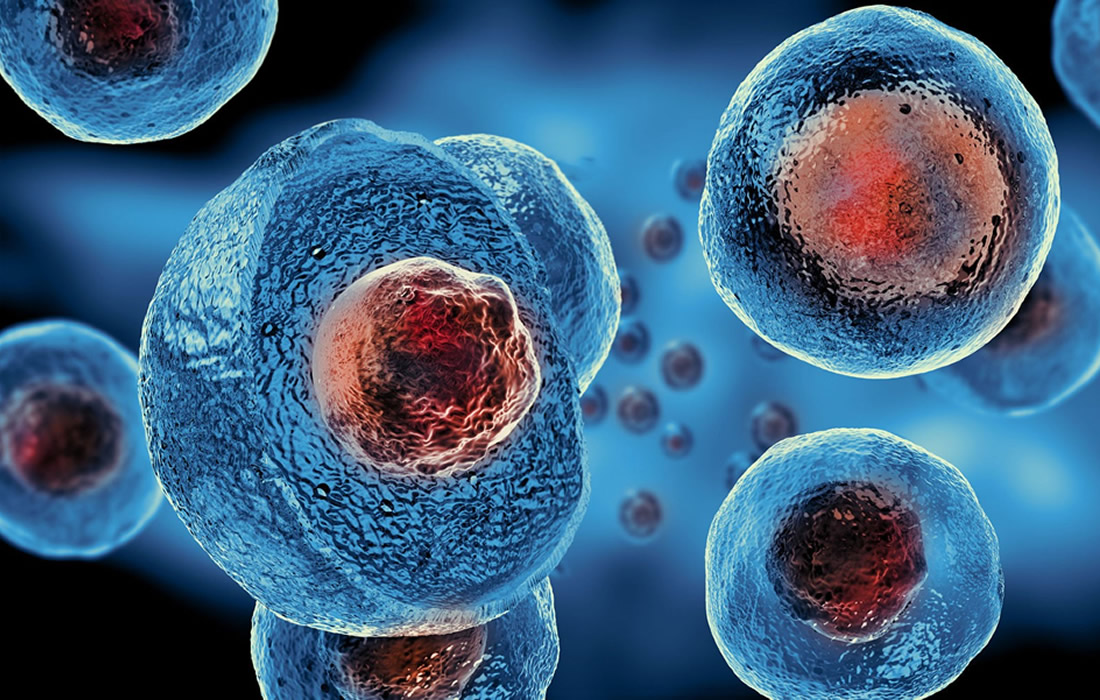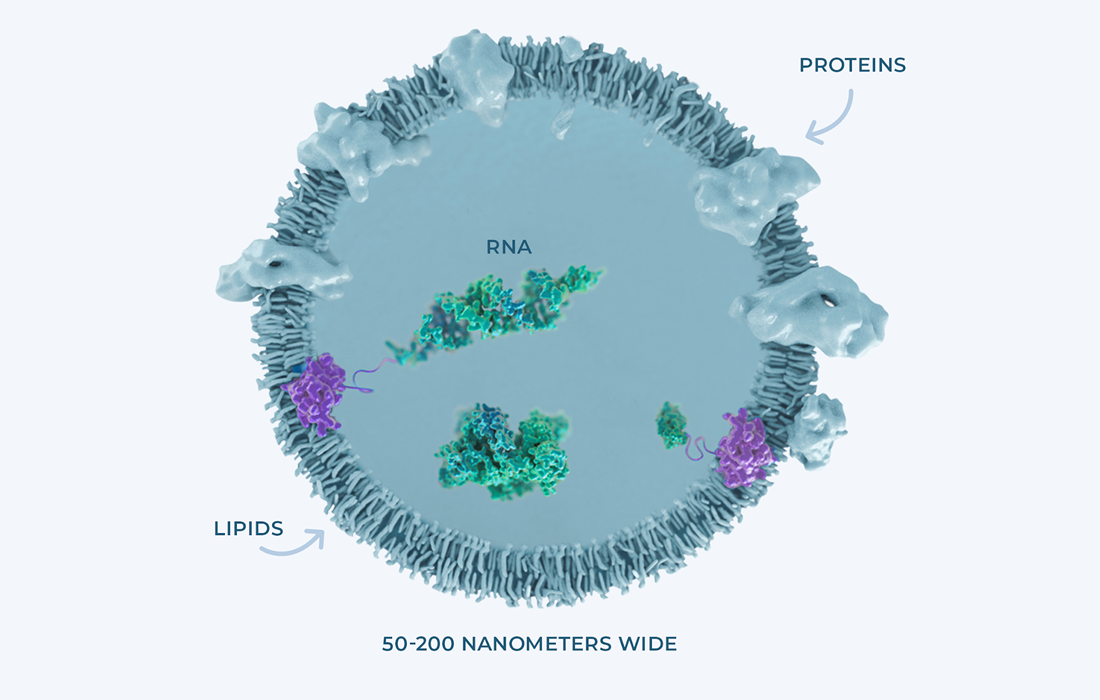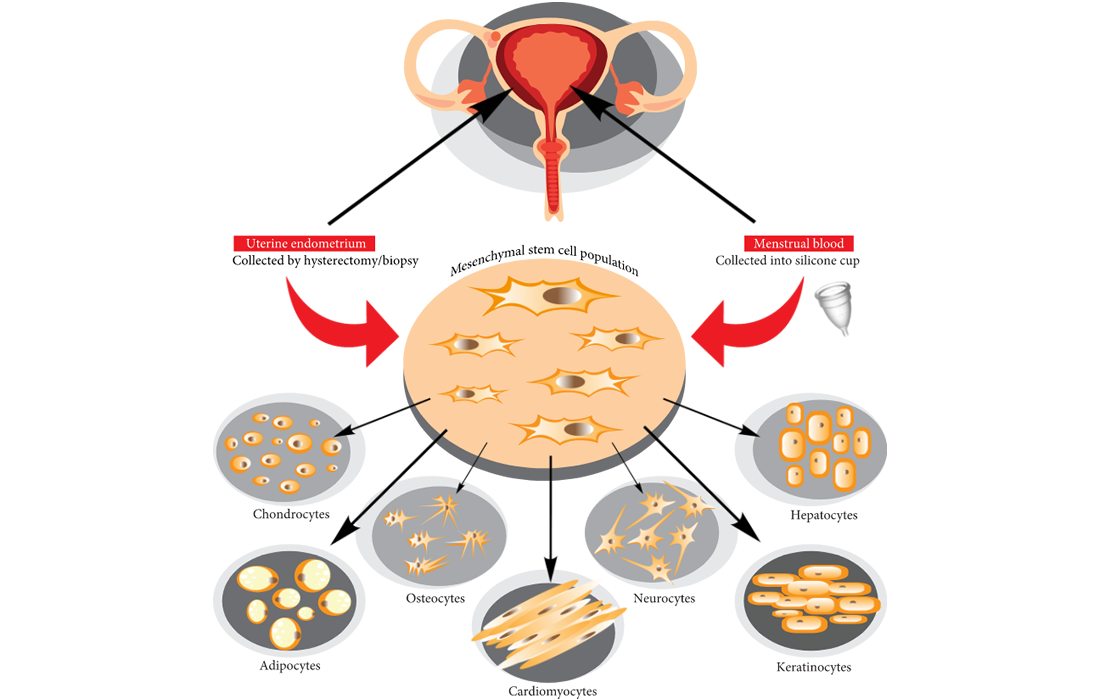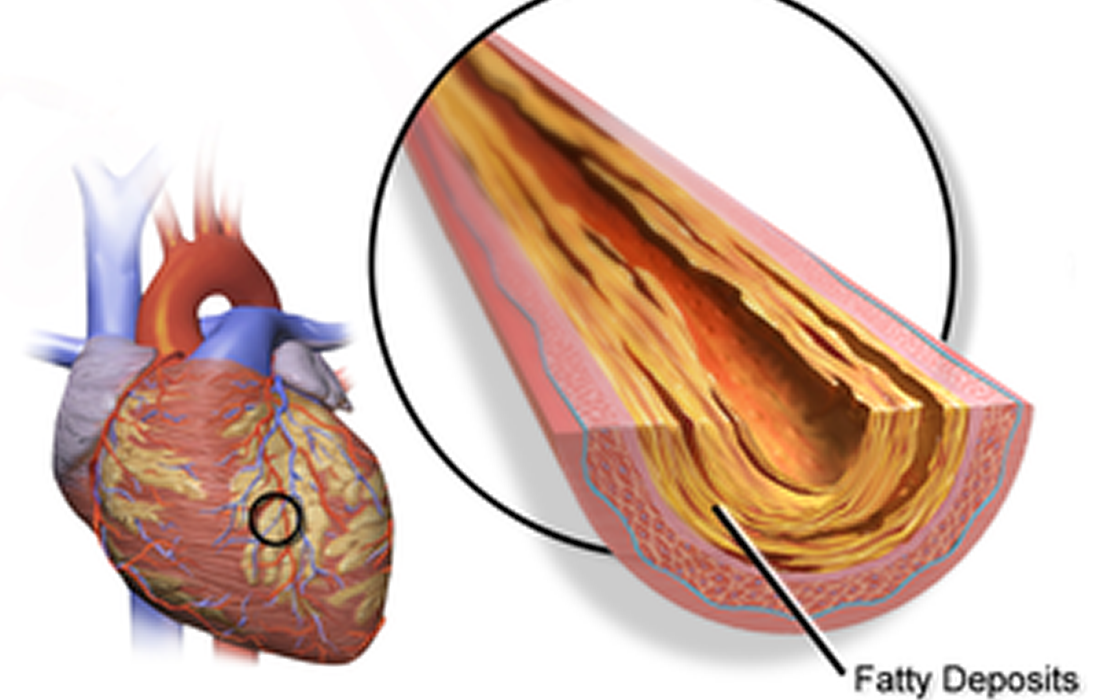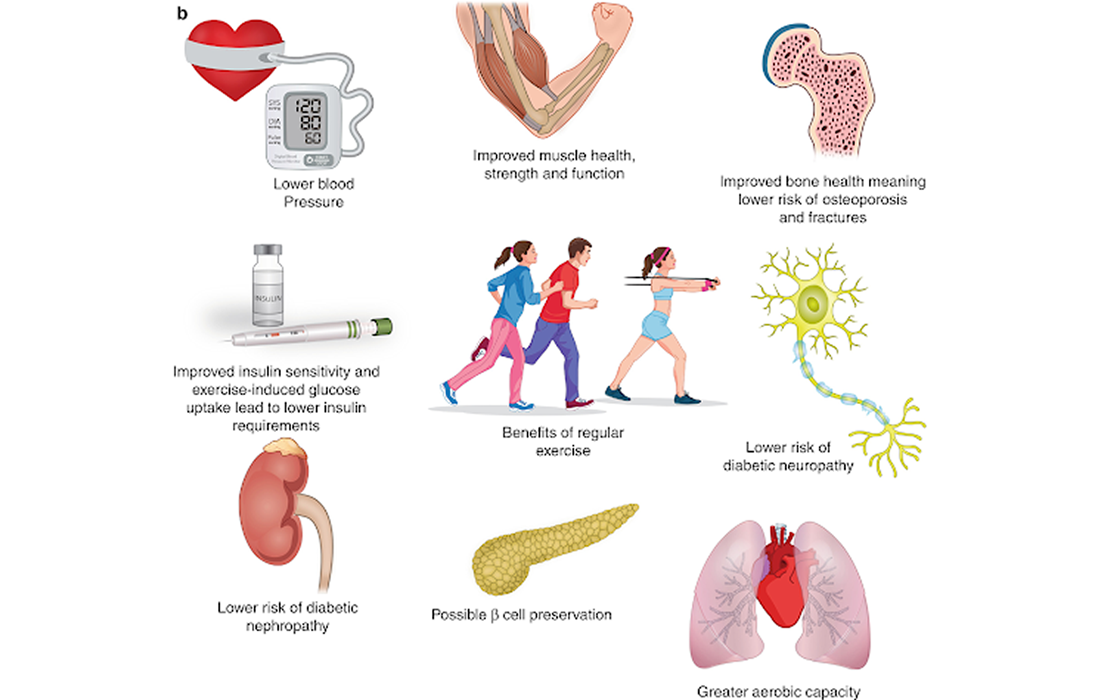Stem cells are currently believed as the next future in medicine, due to their considerable therapeutic and biotechnological benefits in treating significant diseases such as cardiovascular diseases, diabetes and neurodegenerative diseases. Beside the use of stem cells in cell based therapies, stem cells applications are extended to the screening of new drugs and toxins and […]
Author Archives: Francisco Fernandez, MD
Over the past decade, several studies have shown that antioxidants can not only mitigate oxidative stress and improve the survival of Stem Cells but also affect the potency and differentiation of these cells. Reactive oxygen species are a product of cellular metabolism that has an important role in different processes such as cell survival, differentiation, […]
Stem cells are undifferentiated cells that are present in the embryonic, fetal, and adult stages of life and give rise to differentiated cells that are the building blocks of tissue and organs. In the postnatal and adult stages of life, tissue-specific stem cells are found in differentiated organs and are key in repairing any type […]
Resveratrol is a chemical substance present in different sources such as red wine, the skin of the red grapes, blackberries and in lower quantities in peanuts. It has been used to lower cholesterol levels, complementary treatment of cancers and mostly for its cardioprotective properties. Coronary heart disease (CHD) is a major and preventable cause of […]
Exosomes are nano-sized vesicles that serve as mediators for cell to cell communication. They have unique nucleic acids, proteins and lipids that reflect their characteristics of producer cells. They can be used as cell-free therapeutics. Mesenchymal stem cell derived exosomes have gained great attention due to their immunomodulatory and regenerative functions. Many studies have shown […]
Around 50 million people live with dementia, with an estimated global cost of care being $818 billion US dollars. Dementia is a fatal clinical disorder characterised by amnesia, progressive cognitive impairment, disorientation, behavioral disturbances and loss of normal daily function. Alzheimer’s disease being the most common type of dementia. The majority of Alzheimer’s diseases are […]
A group of researchers from Harvard University have been studying the biological mechanism by which chronic stress affects the function of the hair follicle stem cells, confirming the long standing observation that stress might lead to hair loss. They did a mouse model study in which they induced stress with the stress hormone corticosterone which […]
The human endometrium is a very dynamic tissue undergoing an extraordinary growth during pregnancy and, in a cyclic manner, during the reproductive life of each woman. They have what is called endometrial stem cells (ESC) that are undifferentiated, auto-renewable cells able to generate daughter cells that could potentially be used as a source of stem […]
Ischemic heart disease is the leading cause of death worldwide. It manifests clinically as myocardial infarction and ischemic cardiomyopathy. It is also one of the leading causes of disability and human suffering globally. Hence the importance of having a therapy that could decrease the morbidity and mortality of it. Another ischemic disease of clinical importance […]
It has been demonstrated in different studies that diabetes mellitus both type 1 and 2 affect the normal function of the central nervous system, atrophy in the skeletal muscle and muscle weakness. Although neurogenesis almost completely ceases after birth, recent studies have demonstrated that it continues at a slower rate in the adult brain. This […]

